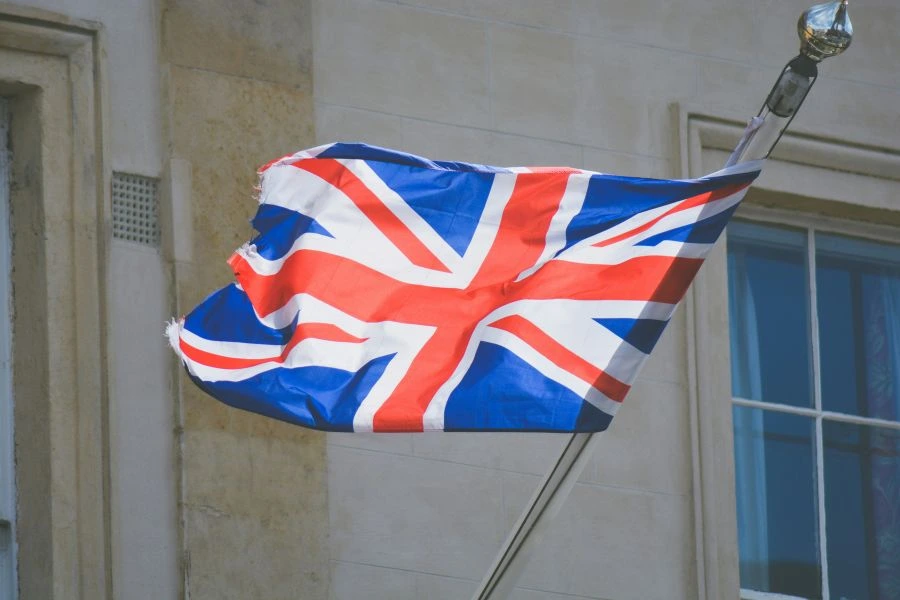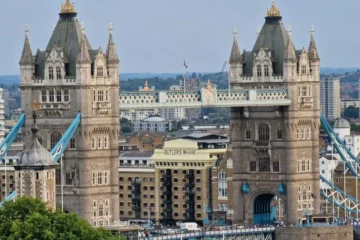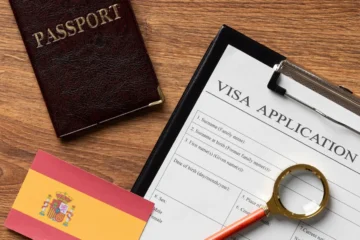Getting permanent residency (PR) in the UK can feel like crossing the finish line, but what comes after might be the real marathon. Once your PR status is secured, the next major step is to settle in the country. That’s where the practical questions kick in: How much will it cost to live in the UK after getting PR in 2025? Can you budget it wisely, or will the reality hit harder than expected?
From rent and utilities to healthcare, groceries, and transport, let’s break down what you should be financially prepared for if you plan to call the UK your long-term home.
Key Takeaways
What Does “Settling in the UK” Actually Mean After PR?
Securing UK PR—usually through the Indefinite Leave to Remain (ILR) route—gives you the legal right to live and work in the UK without time limits. But that doesn’t mean the financial clock stops ticking. On the contrary, you’re now expected to be fully self-reliant.
“Settling” typically includes securing housing, managing household expenses, accessing healthcare, registering with local authorities, and, in many cases, bringing family members over. If you’re planning to make the UK your base in 2025, your post-PR cost of living becomes an important factor.
Accommodation: Your Biggest Monthly Expense
Rent is often the single largest cost for new residents. Here’s what you can expect across different regions in 2025:
- London: Renting a one-bedroom apartment in the city centre can cost around £1,800–£2,300/month. Outside the centre, this drops to about £1,300–£1,600.
- Manchester, Birmingham, or Leeds: Rent is relatively affordable, with central apartments costing around £1,000–£1,300 and suburban spots closer to £800–£1,000/month.
- Security deposits (usually 5 weeks of rent) and letting agency fees can add an initial £1,500–£3,000, depending on location.
Buying property? You’re looking at an average home price of £290,000–£320,000, with an additional £5,000–£15,000 needed for stamp duty, legal fees, and initial repairs or furniture.
Household Utilities and Council Tax
Monthly bills for utilities (electricity, heating, water, and internet) can range between £150–£250/month, depending on your region and the energy efficiency of your home. Broadband typically costs £30–£45/month.
Also Read: What Is the Cost and Eligibility for the UK Post-Study Work Visa in 2025?
Then comes the council tax—a mandatory charge based on your local authority and property valuation. On average, you’re looking at £1,500–£2,000 per year, paid in monthly instalments.
Food and Groceries: What Will You Spend Weekly?
A single person can expect to spend around £200–£300/month on groceries. This includes basic food, hygiene products, and household essentials. Families of three or four may spend between £500–£700/month if cooking at home and shopping at supermarkets like Tesco, Lidl, or Asda.
Dining out occasionally? A meal at a mid-range restaurant will cost around £15–£25 per person, while takeaway options like Indian, Chinese, or pizza usually cost £7–£12 per meal.
Healthcare: Still Free, but With Some Catches
Yes, healthcare in the UK is publicly funded under the NHS (National Health Service), and with PR, you can access it without paying the Immigration Health Surcharge anymore. However, some out-of-pocket expenses remain:
- Prescription charges in England are £9.90 per item (free in Scotland, Wales, and Northern Ireland).
- Dental treatments can range from £25 to £300, depending on the procedure.
- Optical care isn’t fully covered; a basic eye exam can cost £20–£30, and glasses can go up to £100–£300 unless subsidised.
Private healthcare or insurance is optional but often used by those who want quicker access or specialised care.
Transportation: Monthly Budget for Getting Around
In major cities, public transport is efficient but not cheap. A monthly travel pass in London (Zones 1–3) costs around £180, while cities like Manchester or Glasgow offer passes for £60–£90.
Also Read: Can You Move to the UK Without a Job Offer on a Global Talent Visa?
Owning a car brings other costs: fuel (around £1.50/litre), insurance (£600–£1,200/year), MOT testing, and parking fees. Expect monthly driving costs to hit £200–£300 or more, depending on your usage.
Childcare, Schooling, and Family Expenses
If you have children, expect added costs:
- State schools are free, but you may pay for uniforms, supplies, and school meals, adding up to around £300–£500/year per child.
- Private schools can cost upwards of £15,000/year.
- Childcare for young children (nursery or day care) can be expensive: around £1,200–£1,500/month in London and £800–£1,000/month in other regions.
This can be a major part of your post-PR budget if you’re relocating as a family.
One-Time Settlement Costs in 2025
Beyond monthly expenses, there are several one-time or irregular costs when settling after PR:
- Furniture and appliances: £1,500–£3,000 for setting up a home
- Driving licence conversion (if applicable): £60–£100
- Initial transportation passes, SIM card setup, bank deposits: £100–£300
Depending on how prepared you are when moving in, your first-month settlement budget may easily cross £4,000–£7,00, excluding rent.

Do You Need to Show Proof of Funds After PR?
No, once you’ve received PR (ILR), you’re not required to demonstrate proof of funds. However, if you’re sponsoring a family or applying for naturalisation later, your financial situation may still be reviewed.
Having some cash flow stability or savings will always be a good buffer, especially in the first 6–12 months of transition.
Is the UK Affordable to Live In After PR?
The cost of living in the UK after PR will vary depending on your lifestyle and city of choice. London and the South East tend to be expensive, but many PR holders find a good balance in cities like Sheffield, Newcastle, or Cardiff.
With smart budgeting, stable employment, and a bit of financial planning, settling in the UK is very manageable in 2025. If you’re migrating alone, expect monthly living costs of £1,500–£2,000. A family of four should budget for around £3,500–£4,500/month to live comfortably in most cities.
Final Thoughts: Settling Isn’t Cheap, But It’s Worth It
The settlement cost in the UK after PR in 2025 isn’t negligible, but it’s also not insurmountable. With a clear understanding of the monthly and one-time expenses, you can move forward confidently without surprises.
For many, the UK’s PR isn’t just a legal status—it’s the doorway to long-term security, high-quality healthcare, top-notch education, and professional growth. And like any worthwhile goal, it requires planning. If you’ve made it this far, you’re already on solid ground. Just take the next step wisely—and budget well.





